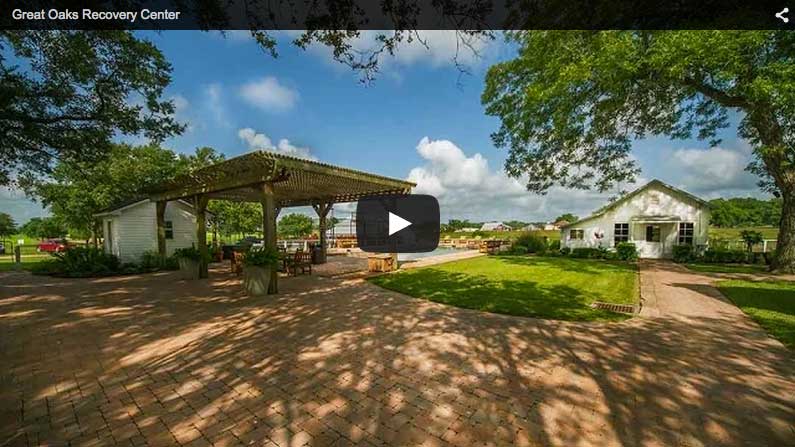Sometimes, we hope for a sign that it’s time to make a change for the better. If you have challenges with substances, alcohol, or mental health, perhaps National Recovery Month is a clear signal to finally remove any barriers to treatment and get the help you deserve. This annual campaign, which happens every September, can be the catalyst to a second chance at life.
What Is National Recovery Month?
It’s an essential annual observance that serves to raise awareness about substance use and mental health disorders, celebrate the success of those in recovery, and promote the importance of support and treatment. The Substance Abuse and Mental Health Services Administration (SAMHSA) started the initiative in 1989.
According to the U.S. Surgeon General Dr. Vivek Murthy, National Recovery Month is “an opportunity for us to reaffirm our support for the recovery community, reflect on new evidence-based treatments, and thank the providers and loved ones who help make recovery possible. If you are in recovery, please know that you are not alone and that you have much to be proud of. During National Recovery Month, let us remember to check in with our support system and reach out to those we love.”
Statistics indicate there are nearly 60 million people in the U.S. currently in recovery from alcohol use disorder (AUD), substance use disorder (SUD), and any mental illness (AMI). Maintaining quality health like this is good news. Unfortunately, there are still individuals in need of resources, support, and access to effective treatment, which is why a campaign like National Recovery Month is so vital. SAMHSA reports that:
- In the past year alone, approximately one in three adults had SUD or AMI, while 13 percent of people aged 18–25 had both SUD and AMI.
- Also of note: “more than 45 percent of adults with AMI and 54.5 percent of adults with a serious mental illness said they did not receive services because they could not afford the cost of care.”
- Approximately 25 percent of individuals who believed they needed treatment for alcohol or illicit drug use said “they did not receive treatment at a specialty facility because they did not have health insurance coverage or could not afford the cost of treatment.”
- Other reasons for non-treatment shared by people with SUD, AUD, and AMI included “not knowing where to go and believing they could handle the problem without treatment.”
Primary messages for National Recovery Month include “Recovery is Real,” “Recovery is Possible,” and “Recovery is for Everyone.” While these might appear to be simple hashtags at first, they’re essential points to believe if you’re thinking about making positive changes.
Recovery Stories Have Power
It’s crucial to start your recovery journey by finding a supportive and understanding community. Add to your motivation and seek out the stories of others who’ve been where you are and succeeded in turning their lives around for the better. Maybe you’re mustering up the courage to go to treatment for the first time, or realizing you need to return to rehab. Or you wonder if anyone will truly understand the challenges you’ve endured, such as serving in the military or as a first responder, or processing generational trauma. Connecting with others with shared experiences makes the possibility of lasting recovery more tangible.
Here are a few outlets you may find helpful:
- SAMHSA shares three poignant journeys of people who recognized their circumstances and found the care they needed.
- There are numerous inspiring observations from current and former military personnel who triumphed over trying circumstances found through the Veterans Crisis Line, After Deployment, FOCUS, and Lifeline for Vets.
- The National Alliance on Mental Illness offers encouragement and resources through hundreds of personal stories that talk about a wide range of topics such as trauma; supporting a loved one with mental illness; fighting the stigma of SUD, AUD, and mental health issues; surviving abuse; and more.
- The Partnership to End Addiction highlights parents helping their children with AUD, SUD, and AMI, as well as first-hand accounts from individuals choosing recovery.
- Young adults may find recovery inspiration through the Just Think Twice collective.
- Faces and Voices of Recovery has a dynamic podcast with the intent to use their conversations to “build awareness, challenge societal stigma, and celebrate the role that recovery plays in improving the lives of individuals, families, and communities.”
Great Oaks: A Place for Healing and Renewal
Great Oaks Recovery Center outside of Houston is an accredited facility that provides individuals with critical tools for whole-person wellness. We understand what a monumental decision it is to seek help for drug or alcohol use. Equally as intimidating is the reality of an entire life change—but it’s a second chance you deserve. Our staff respects every step a person must take on this journey and is committed to walk alongside each client through the fears, concerns, and expectations that accompany the recovery process. Each person must invest in the work required to heal—but at Great Oaks, they don’t have to do it alone.


